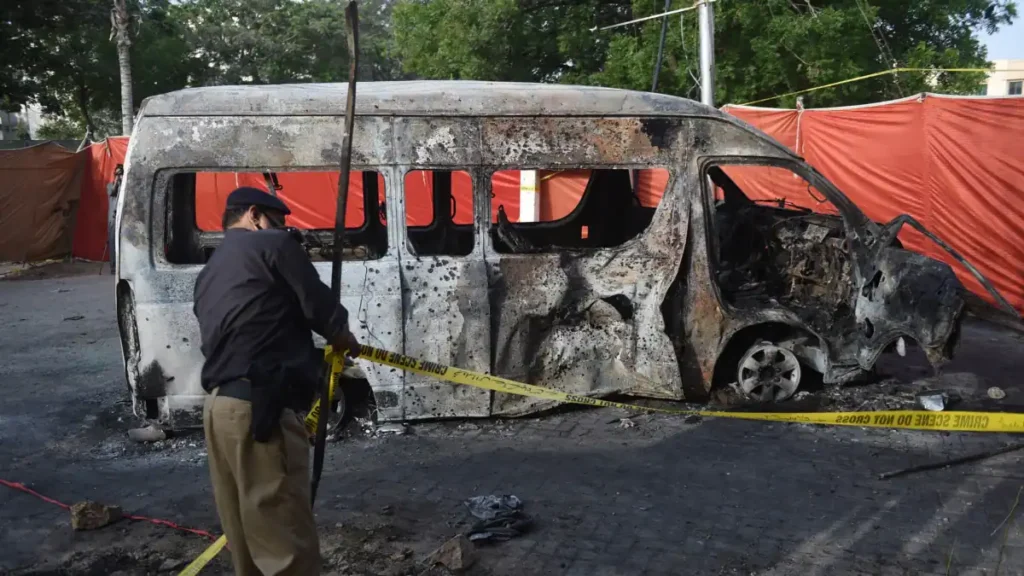Putin’s Call for Engagement with the Taliban
The President of Russia, Vladimir Putin, has emphasized the necessity of establishing relations with the Taliban, acknowledging their control over Afghanistan and its territories. During a press briefing in Tashkent on Tuesday, Putin stated, “We have to act according to this reality and adjust our relations accordingly.”
Putin highlighted that the Taliban are the de facto rulers of Afghanistan, asserting that “these people are in control of the country and its territory and are the current rulers of Afghanistan.” Despite not delving into specifics, he alluded to the numerous challenges Afghanistan faces, mentioning that “everyone is aware of it.”
While recognizing the complexities involved, Putin noted the importance of engagement: “How to establish a relationship with the current power [Taliban] is another question, but we must have a relationship [with them] somehow.” He emphasized the need for coordinated efforts, consulting with regional partners in Central Asia about the best approach to take.
These statements come a day after discussions with the President of Iran about potentially removing the Taliban from Russia’s list of banned organizations. Zamir Kabulov, Russia’s special representative for Afghanistan, indicated that the likelihood of Russia recognizing the Taliban government is higher than ever.
Putin’s remarks reflect a pragmatic approach to Afghanistan’s new political landscape. By advocating for engagement, Russia aims to navigate the complex dynamics of the region, ensuring stability and fostering potential economic and security collaborations. This strategic shift underscores the geopolitical importance of Afghanistan and the need for international actors to adapt to the evolving power structures in the region.
Related Developments and Regional Consultations
In the context of these developments, it is important to note that Russia’s move to engage with the Taliban involves careful consideration of regional dynamics. Putin stressed the importance of consulting with Central Asian partners, saying, “We will consider the opinions of each of our partners and friends and we will be coordinated in relation to this issue.”
This regional consultation approach indicates Russia’s intent to build a consensus among neighboring countries, ensuring a unified stance towards the Taliban. By aligning its policies with regional partners, Russia seeks to mitigate potential risks and enhance cooperative efforts to address security and economic concerns in Afghanistan.
Russia’s call for establishing relations with the Taliban signifies a strategic shift in its foreign policy towards Afghanistan. Recognizing the Taliban’s control, Putin advocates for pragmatic engagement while consulting with regional partners to ensure a coordinated and stable approach. As the geopolitical landscape evolves, Russia’s actions will play a crucial role in shaping the future of Afghanistan and its integration into regional and international frameworks.

